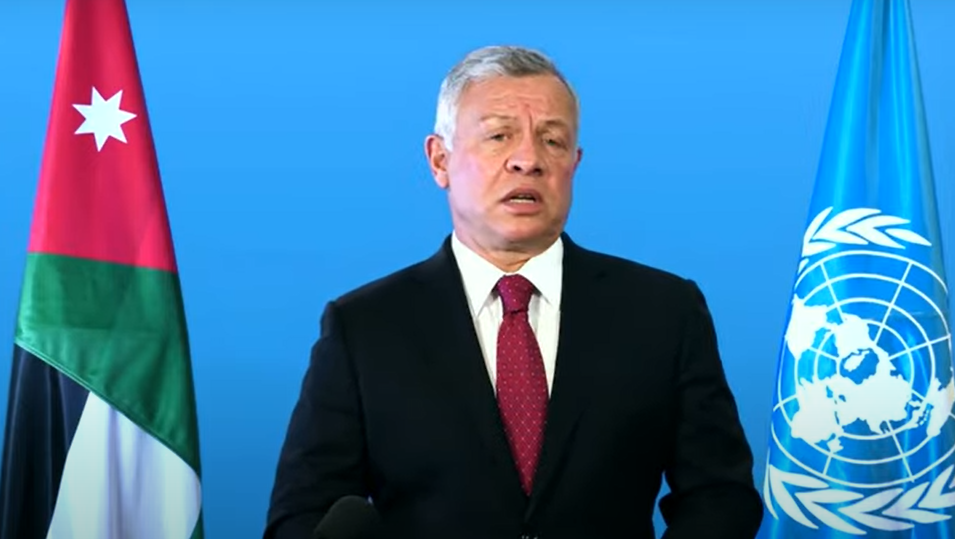Jordan is following in the footsteps of the Palestinian Authority by restricting freedom of expression on
the internet and social networks.
The Jordanian government introduced the new law, called the “Electronic Crimes Law,” and submitted it to the parliament for discussion in various committees.
The new law allows for prison sentences and financial fines for anyone who violates it. The maximum prison sentence is 3 years, and the maximum fine is $70,000.
This law has caused great anger in Jordan, particularly among the young generation who are highly active on the internet and social networks. They view it as a means to silence critics and provide immunity to corrupt officials and the government system.
Many people compare this law to the temporary publication law enacted in Jordan in 1997, which resulted in the closure of 16 newspapers in a single day.
Sources within the Jordanian opposition claim that the Jordanian royal house ordered the submission of this new law to parliament, labeling it as “the worst law in the history of the Hashemite kingdom.”
The law also applies to the Jordanian press, publishers, and journalists themselves, who now face punishment for any criticism of the government system and its leaders.
Most members of parliament support the enactment of this law and align with the will of the Jordanian royal house, showing little interest in democracy and focusing solely on political survival.
Instead of strengthening freedom of expression in the kingdom, which is still far from a democratic regime, the Jordanian parliament further restricts freedom of expression, moving closer to a full dictatorship.
Arab commentators argue that the Jordanian government has become an enemy of the public and free press.
Jordanian officials link the new law to the country’s difficult economic situation, fearing that free criticism from the media and social networks will provoke widespread protests.
The young Jordanian generation is deeply concerned about the statements made by Jordanian Prime Minister Bisher Al-Hasawaneh regarding political system reform. They believe these statements are meant to deceive them and prevent their demands for change.
The youth feels marginalized within the political system, lacking party representation and being excluded from decision-making processes.
Their aspirations for social justice and employment face strong opposition.
With the moment of explosion drawing near, the Jordanian government will not be able to suppress it through legislation restricting freedom of expression.
A popular protest is likely to erupt at any moment, and the curtailment of freedom of expression will only fuel further public anger.




